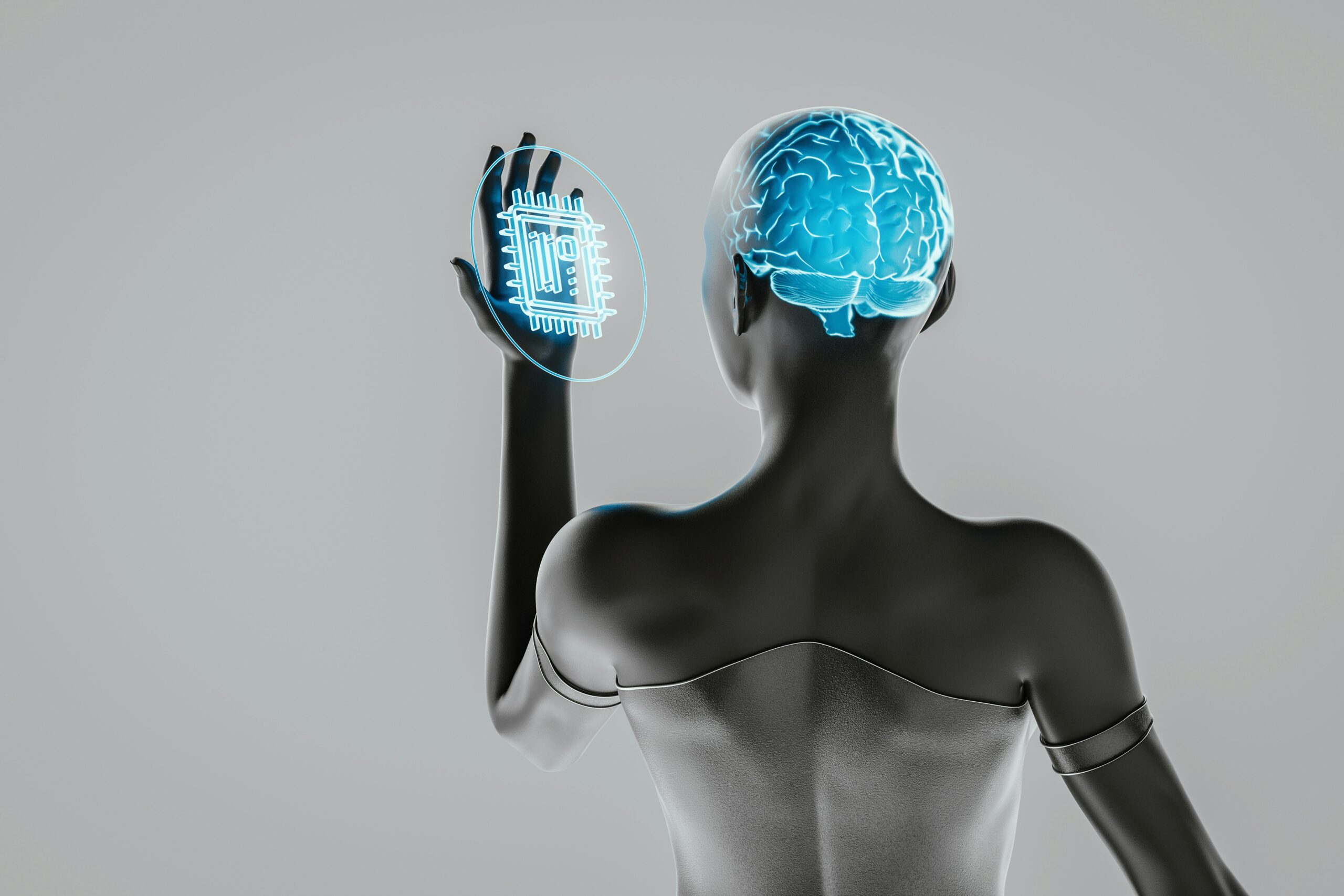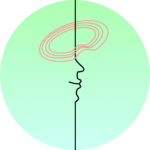How Technology is Influencing Cognitive Processes
Cognitive psychology delves into understanding how we perceive, remember, and think, and technology is now playing a significant role in shaping these cognitive processes.

The Intersection of Technology and Cognitive Psychology
The field of cognitive psychology focuses on the inner workings of the human mind, including processes like perception, memory, problem-solving, and decision-making. As technology advances, it increasingly influences these cognitive processes in profound ways. For example, the widespread use of smartphones and the internet has transformed how we access and process information. People now have instant access to vast amounts of information, which influences their cognitive processing. This constant access to information can enhance cognitive abilities, such as problem-solving and decision-making, by providing immediate resources for research and learning. However, it also raises concerns about attention spans and memory retention, as individuals may rely too heavily on technology as a cognitive crutch.
Memory and Information Retention
Technology’s impact on memory and information retention is a key area of interest within cognitive psychology. With the convenience of digital tools, people often offload memory tasks to their devices, such as using calendars for scheduling or search engines to recall facts. This phenomenon, known as the ‘Google Effect,’ suggests that reliance on technology may reduce the need for remembering information, as individuals know they can easily access it later. While this can free cognitive resources for more complex tasks, it may also lead to weaker memory retention for details that are not frequently revisited. Moreover, the constant influx of digital information can overwhelm cognitive processes, leading to difficulties in distinguishing between important and trivial information.
Attention and Focus in the Digital Age
In the digital age, attention and focus are increasingly challenged by the constant stream of notifications and multimedia content. Cognitive psychology studies how these digital distractions impact concentration and task performance. Multitasking with digital devices, for instance, can fragment attention and reduce efficiency in completing tasks that require deep concentration. The ‘attention economy’—where technology companies compete for user attention—has led to designs that encourage frequent engagement but can disrupt sustained attention. However, cognitive psychology also explores strategies to mitigate these effects, such as mindfulness practices and setting boundaries with technology to improve focus and productivity.
Problem-Solving and Decision Making
Technology significantly influences problem-solving and decision-making processes, offering new tools and platforms that enhance these cognitive functions. Data analytics, for example, provides insights that aid in making informed decisions, while digital simulations and modeling tools enhance problem-solving skills by allowing users to explore complex scenarios. Cognitive psychology examines how these technologies can support human cognition by offering new ways to visualize problems and evaluate options. However, it also considers potential downsides, such as over-reliance on algorithms and data-driven decisions that might overlook human intuition and creativity in problem-solving.
Social Cognition and Digital Interactions
Social cognition—the processes involved in understanding and interacting with others—is also shaped by technology. Online communication platforms and social media have altered how individuals perceive and relate to one another, impacting empathy, social skills, and group dynamics. Cognitive psychology studies these changes, exploring how digital interactions can enhance or hinder social understanding. While technology offers opportunities for global connectivity and diverse interactions, it may also lead to superficial connections and reduced face-to-face social skills. Researchers in cognitive psychology are developing strategies to balance digital and in-person interactions to maintain healthy social cognition.
Conclusion
As technology continues to evolve, its influence on cognitive processes becomes more pronounced. Cognitive psychology plays a crucial role in understanding these changes, offering insights into how technology can both aid and hinder cognitive functions like memory, attention, problem-solving, and social cognition. By studying these interactions, researchers and practitioners can develop strategies to harness technology’s potential benefits while mitigating its challenges. Ultimately, understanding the relationship between technology and cognitive processes empowers individuals to make informed choices about technology use, fostering cognitive health and resilience in the digital age.
